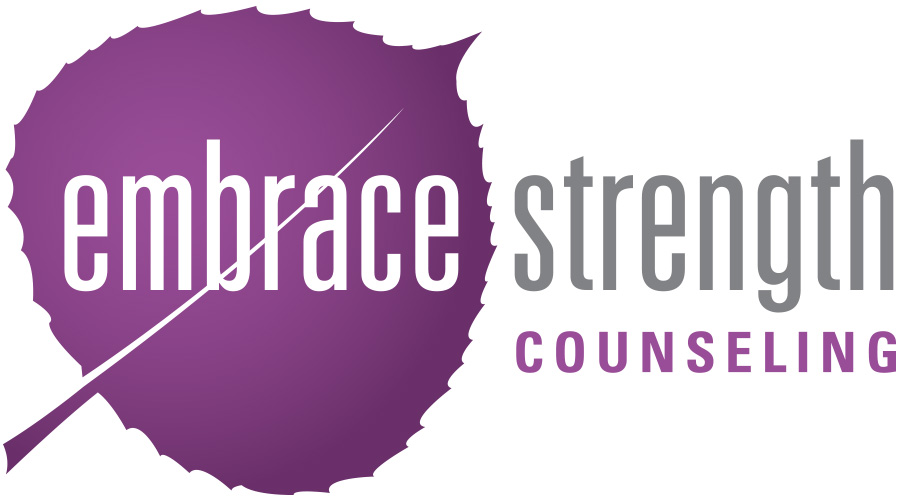Frequently Asked Questions
If you’re reading this page, you may be thinking about starting counseling and you probably have a lot of questions. Our goal is to be as transparent and open about our services as possible by answering any questions you may have about the therapeutic process from beginning to end. Below is a list of frequently asked questions we receive. Feel free to contact us with any other questions you may have regarding our services, policies, or what to expect from counseling.
1. Do you accept my insurance?
We have providers in-network with Anthem BCBS, Cigna, and Rocky Mountain Health Plans which means we can bill them directly for services. For all other insurances, we’re happy to provide you with monthly statements to submit for out-of-network reimbursement which is dependent on your benefits. We accept Visa, MasterCard, Discover, cash, and checks as forms of payment, including payment from Health Savings Accounts (HSA) and Flex Spending Accounts.
2. What does insurance cover?
It depends on your individual policy and mental health coverage. We recommend calling the “member” phone number on the back of your insurance card and asking what your plan will and will not cover, if you have a co-payment amount, if you have a deductible and whether it applies to mental health, and if there are any limits that apply (i.e. number of visits per year, etc.). You are responsible for paying any amount the insurance company doesn’t pay which is why it’s a good idea to find out this information in the beginning so there are no surprises.
3. How is counseling different than talking to a friend or loved one?
There are several primary differences between counseling and talking to a friend or a loved one. Counselors receive extensive training on how to support people in their desire to change or grow personally. Counseling offers a space that is rare in our fast-paced society, in that, for an hour each week you can focus on your experiences, thoughts and feelings, self-growth, goals, and actions. Another important difference is that counseling is confidential and provides you the opportunity to explore your life in a private, non-judgmental, and safe environment. Finally, friends and loved ones are often unable to be objective and may try to reassure you before you’ve had a chance to feel heard or understood. They may offer solutions that work for them but not for you. Or, they may begin to refer to their own experiences, thoughts, and opinions in a desire to relate to you and offer support, yet you may not find that helpful. Friends and loved ones are a vital part of your support system and counseling offers an additional and professional type of support that differs from your interactions with the people in your daily life.
4. Is everything I say confidential?
Counseling sessions are confidential and counselors are legally and ethically required to adhere to strict confidentiality guidelines. We believe confidentiality is a vital aspect of the therapeutic relationship and is necessary in order to build trust and create a safe space for exploration and growth. Please be aware that there are exceptions to confidentiality though, which include: if you intend to harm yourself; threaten harm against another person; report suspected child abuse, elder abuse, or abuse of a dependent adult; or if there is a court order for your counseling records. As mandated reporters, we are legally required to notify the proper authorities without your consent if you disclose any of the above exceptions to confidentiality to us. We will discuss confidentiality and the exceptions to confidentiality during our first session.
5. What does a therapy session look like?
Every therapy session is unique and is tailored to the individual, including your needs, strengths, and goals. During the initial intake assessment, we will ask you questions about what bringing you to counseling, your goals, and important background information. After that, our sessions will focus on the primary problems and concerns that brought you to counseling. The process is collaborative and we welcome feedback and dialogue in session about your experience, your progress, and your needs at anytime throughout our work together.
6. How long will I be in counseling?
Counseling usually consists of weekly sessions with each session lasting 45-50 minutes. It can be short-term and focus on a specific issue or longer-term and address more complex issues or ongoing personal growth. In our experience, counseling generally lasts a minimum of 6 sessions and can be ongoing – depending on your goals and needs. Please be aware that it is your right to discontinue services at any time and you may also return to therapy for a new issue or check-in after you have discontinued counseling.
